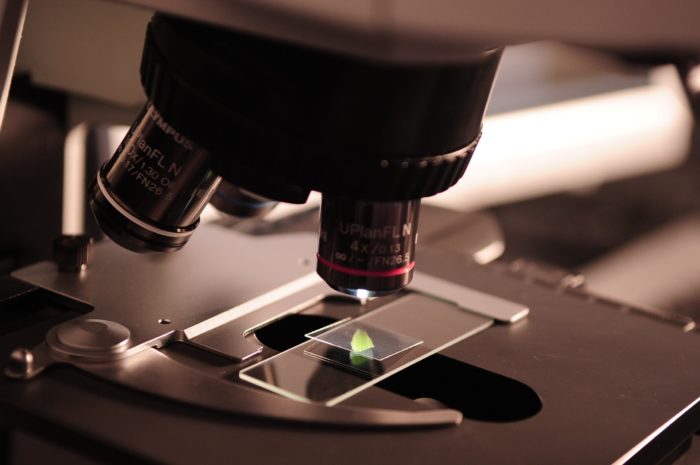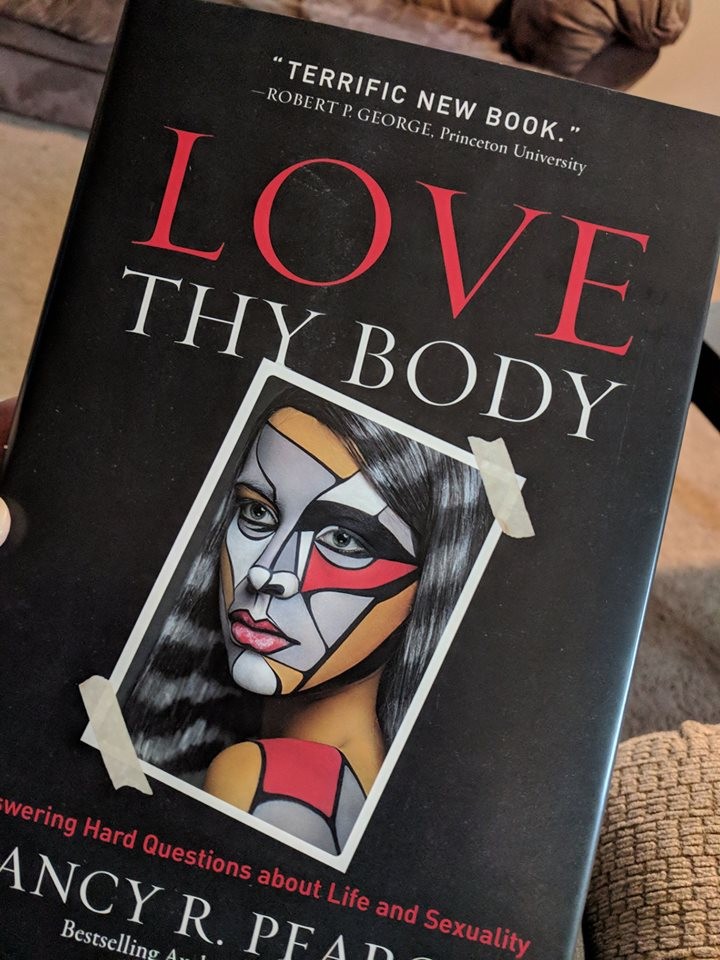Precision of language, please.
So Jonas’s father says to him when he asks whether his parents love him in Lois Lowry’s The Giver. They come to mind as a good title for this post because I’m thinking about another article that has appeared exploring our culture’s ambivalence about science. This one, entitled, “Coronavirus Puts Science at the Center in a Year of Election and Pandemic,” appears on NPR. Author Ron Elving uses a now familiar formula of casting the debate in terms of believers in science vs. unbelievers, even though the data on which he relies, and the people he quotes, illustrate instead the concept of trans-science as the real issue.

The numbers alone are interesting:
- As of last summer, according to Pew Research, 86% of Americans expressed “a fair amount or a great deal of faith” that scientists act in their best interests.
- Of these, only 48% were willing to say that medical doctors “make fair and accurate research statements and recommendations all or most of the time.” Only 32% were willing to say as much for “medical research scientists.”
- In April 2017, a YouGov poll cited in Scientific American found only 35% of Americans had “a lot of confidence” in scientists, 45% had “a little,” and those with “none at all” had grown substantially since YouGov polled the same question in 2013.
These figures suggest that it isn’t so much science itself that garners mistrust, but the people using it to further various causes both political and social. In other words, the ground of debate is trans-science — the realm in which science becomes a factor in the more complex world of ethics, social policy and politics — rather than science.
Yet still, the narrative frames this as a matter of “belief vs. disbelief in science.” This represents a caricature of anyone who objects that the science behind someone’s pet policy is incomplete, or misinterpreted, or more hotly debated in the actual scientific community than it appears.
The NPR article documents this perspective. Those who do not support the most draconian measures and predictions related to coronavirus are branded as those who do not “trust science,” and lumped together with “Texas Lt. Gov. Dan Patrick, a Republican, and media personalities such as Fox News’ Tucker Carlson.” The ensuing discussion is framed politically as a product of “the populist atmosphere,” in which experts of all stripes “fare poorly.” And according to author Tom Nichols,
Globalization and technological advances have created a gulf between people with enough knowledge and education to cope with these changes and people who feel threatened and left behind in the new world of the 21st century.
The Death of Expertise
Those with knowledge and education, in other words, are apparently all unanimous on the complicated issues that face the world. They represent one side of a public divide, while the frightened and ignorant masses huddle on the other side. (President Obama gave the classic expression to this interpretation: “It’s not surprising then they get bitter, they cling to guns or religion or antipathy toward people who aren’t like them or anti-immigrant sentiment or anti-trade sentiment as a way to explain their frustrations.”)
This is a reductive way of viewing those who don’t fall into lock-step with a globalist agenda, and it’s equally reductive of those skeptical of a given scientist’s perspective on a policy initiative. Still, the article strikes the right note near the end. It doesn’t end with an oversimplification of the debate, but rather with an acknowledgment that
The plain fact is that for many, science is a source of wisdom but by no means the only one. There can be a “balancing” of science with religious teaching or humanistic ethics — or what people may regard as their own common sense.

This at least approaches fairness. It isn’t rank ignorance that creates ambivalence about “science,” but a recognition that it is not the only source of knowledge.
If only Elving acknowledged that “science” as he calls it reflects a necessary diversity of perspectives rather than a unanimous interpretation of data; that skepticism is not restricted to Trump supporters, but can be practiced by people of all political stripes; and that the “common sense” behind many people’s skepticism can include well-informed scientific knowledge and education, he would approach a full picture of what’s going on.



